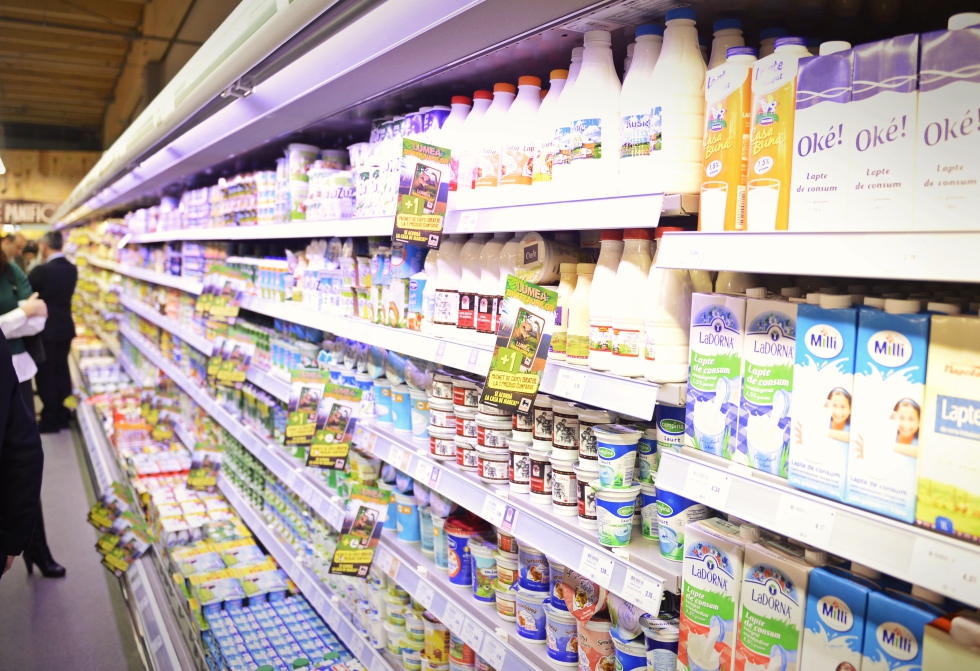The Tenant Farmers Association (TFA) has said that farmers must not be left to carry the can for the uplift in input prices and labour shortages currently affecting food production and distribution.
TFA national vice-chairman, Robert Martin, said:
Farm costs are increasing across all headings but particularly significant changes are occurring in respect of fuel, feed and fertiliser.
“To remain sustainable, we need to see farm gate prices improve to cover these increasing costs.
“However, processors are reporting strong resistance from retailers and food service outlets in allowing any increase in price to occur.
“To maintain their margins, processors are seeking to reduce prices paid to farmers. Once again, farmers are seen as the weakest link in the food supply chain”.
“The UK government made much of the new powers introduced in the Agriculture Act 2020 to intervene in markets to ensure fair trading between primary producers and processors.
“However, we have seen precious little action since these new measures hit the statute book.
If the supply chain continues to operate in a dysfunctional manner the government will have to step in to ensure fairness and equity using the new statutory leverage available.
“Farmers are already facing massive changes in terms of public policy and they must not be left having to accept higher costs and lower prices,” said Martin.
Supply chain problems
Part of the problem in the supply chain is the shortage of available labour and the increase costs involved in securing essential staff.
“There is no doubt that we are facing a perfect storm with the impact of the current Covid-19 pandemic coupled with our post-Brexit immigration policy.
We urgently need the introduction of a 12-month Covid-19 recovery Visa as has already been highlighted by the industry.
“We also need a much better seasonal worker scheme for farmers and growers and a review by the Migration Advisory Committee to deal with the structural shortage in skilled labour in the food and farming sector,” said Martin.
“In the current circumstances, it should be no surprise to agricultural landlords that there will need to be downward pressure on the level of rents.
“The autumn is a key time for farm rent reviews and with farm budgets under pressure, rents will have to come down.
“Both sides can ill afford having to spend considerable amounts of money employing professional advisers to argue the case.
“It’s time for landlords and tenants to get round the table to discuss and agree sensible levels of rent,” concluded Martin.

